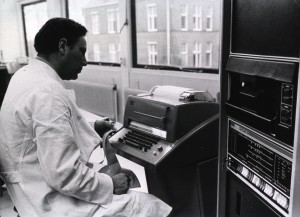
The ability to confidently shape and compose an idea or opinion in under 500 words. This involves understanding that digital media is consumed differently than ‘traditional’ media. How it’s presented, formatted and displayed influences how and if it will impact its intended audience. Why 500 words? People consume information in chunks. Long-format is cool but you have to be really, really good to pull it off.
The ability to summarize and share an idea in a few hundred characters. Understanding how to convey an idea in 140 characters is an key skill for sharing and engaging in a networked environment. If as we intend to influence health behavior, public policy or even other physicians, we must master the art of microstyle.
The ability to shape an idea and put it on a short video clip. This might include the very basic steps of how to use a portable video device to film a clip. As physicians we all should know how to take a basic one minute clip made on a smart phone and upload it to a public platform.
Understand the limitations of patient-specific dialog in public networks. As the one thing that will potentially get a doc in trouble, this should be day one of medical school. Literally.
Understand how to manage input and consumption of information. Information overflow will represent one of this generation’s biggest challenges. Be it social dialog or the latest clinical research, knowing where to listen and how to efficiently access information and knowledge represents a key network skill.
There are many, I’m sure. What have I missed? Add it below as a comment and maybe I’ll add it to the list with attribution.
Image via the National Library of Medicine/WHO.